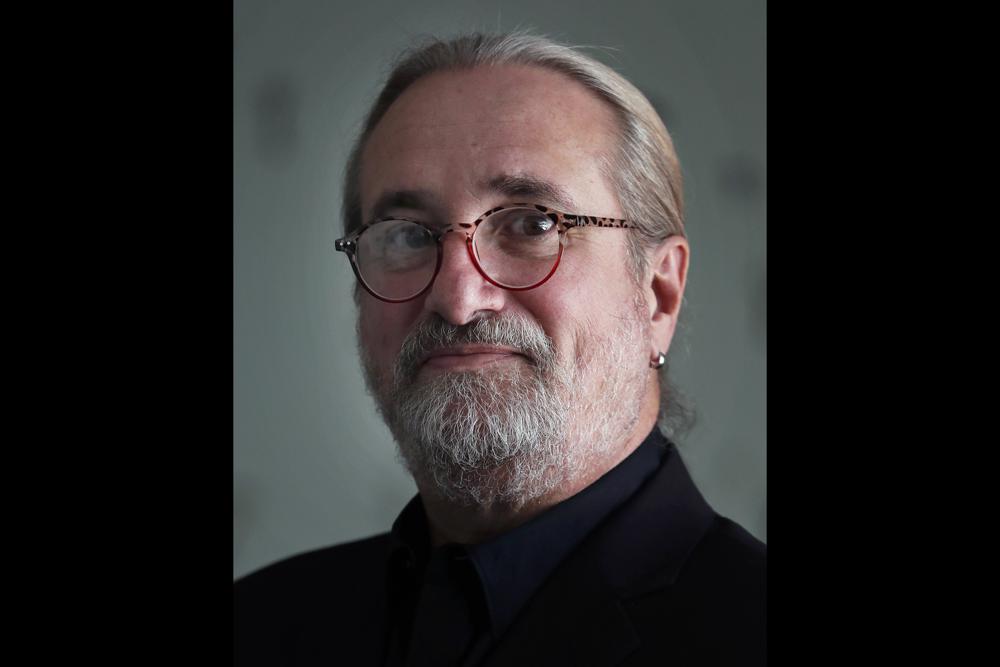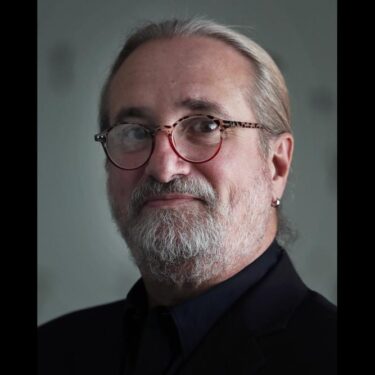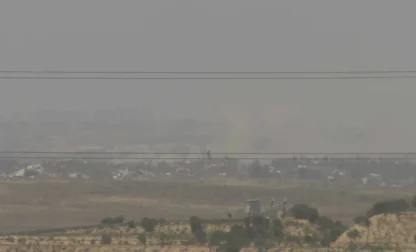By JOHN RICE, The Associated Press

MEXICO CITY (AP) — Fernando González, who spent decades covering and directing major stories for The Associated Press across Latin America, from papal visits to border skirmishes, hurricanes and hostage standoffs, has died in Havana.
González, 60, died at his home early Monday after suffering a heart attack, Cuba’s forensic medicine director said.
Gregarious and seemingly inexhaustible, González, known for his trademark long gray ponytail, was especially strong and compassionate in crisis situations, both covering the news and tirelessly organizing help when colleagues were ill or injured.
“Fernando represented the best of AP. He was a terrific journalist and loved the big stories,” said AP Executive Editor Julie Pace. “He was also a warm and caring colleague, someone whose impact was felt across all corners of the organization. He will be dearly missed.”
Born in Uruguay, González graduated from high school in Santiago, Chile, and then attended the University of Miami. He worked for a local radio station before eventually moving into news production, often freelancing for The Associated Press in Latin America.
González joined the AP full time in 2002 as senior producer for television news in Havana. He moved to Washington, D.C., in 2014 as regional video editor for Latin America and the Caribbean and then to Mexico City as the AP’s deputy news director for the region in 2016. González returned to Cuba in 2020 as news director for the Caribbean and Andes.
Among the major stories he covered were the 1996 hostage siege at the Japanese ambassador’s residence in Peru, Hurricane Mitch’s devastating impact on Central America in 1998, and the 2004 coup that overthrew Haitian President Jean-Bertrand Aristide.
In 2007 González reported from Antarctica on the visit of U.N Secretary-General Ban Ki-moon.
González also covered three papal trips to Cuba by St. John Paul II, Pope Benedict XVI and Pope Francis, as well as President Barack Obama’s historic visit in 2016 and the death of former Cuban President Fidel Castro later that year.
Anita Snow, who reopened AP’s Havana bureau in 1999 after a nearly 30-year absence, praised González as “a great journalist,” calling him, “an even better human being: warm, generous and consistently kind.”
“And he probably knew Latin America better than anyone,” said Snow, who worked with González in Cuba and Mexico. She is currently an AP writer in Phoenix.
Chris Gillette, senior video producer for the AP in Brazil and a high school classmate of González, agreed.
“He was a really good people person, and very charming, so he was able to get into places others might find challenging — a true raconteur, amiable and smart,” Gillette said.
Nico Maounis, head of special news events for AP’s broadcast services, recalled Gonzalez as the consummate deal broker, gaining the AP access to everyone from presidents and other high officials to the simple man on the street.
“What was he like as a person? He was outgoing, he was cosmopolitan, he was funny, he was a diplomat, he was serious, a comic and a joker. He was everything,” Maounis said.
Longtime AP photographer Enric Marti summed up González’s compassion for those less fortunate, noting how he continued to patronize his favorite Mexico City restaurant, Lucille, even during the pandemic when others stayed away, tipping the waiters handsomely.
“He kept going and raised money for the waiters. … They basically had no tips and no money,” said Marti, AP’s deputy director of photography/global enterprise. “Whenever I was in town we would meet in Lucille. It was Fernando’s bar.”
González is survived by his wife Lisa, children Maria Linda and Nicolas, and three grandchildren, as well as his parents.



